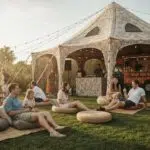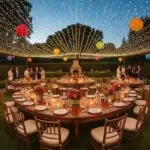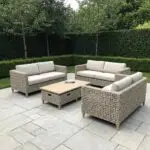Imagine hosting an outdoor wedding where every guest feels comfortable, rain or shine. All-season wedding comfort solutions promise optimal temperature, humidity, and air quality from summer heat to winter chill. This guide will explore key climate challenges, effective cooling and heating strategies, humidity control tactics, and professional support options. Event planners will learn how to integrate premium rentals and expert setup from Ventura Rental to ensure a flawless celebration in any weather.
Key Takeaways
- Outdoor weddings face unpredictable weather, so effective climate planning is essential to protect guests and décor.
- Cooling solutions like portable ACs, misting fans, and shade structures maintain comfort in hot, humid conditions.
- Winter weddings benefit from enclosed tents, radiant heaters, and ducted systems that distribute warmth evenly.
- Humidity and air quality control improve guest well-being and preserve linens, florals, and equipment.
What Are the Key Climate Challenges for Outdoor Weddings?
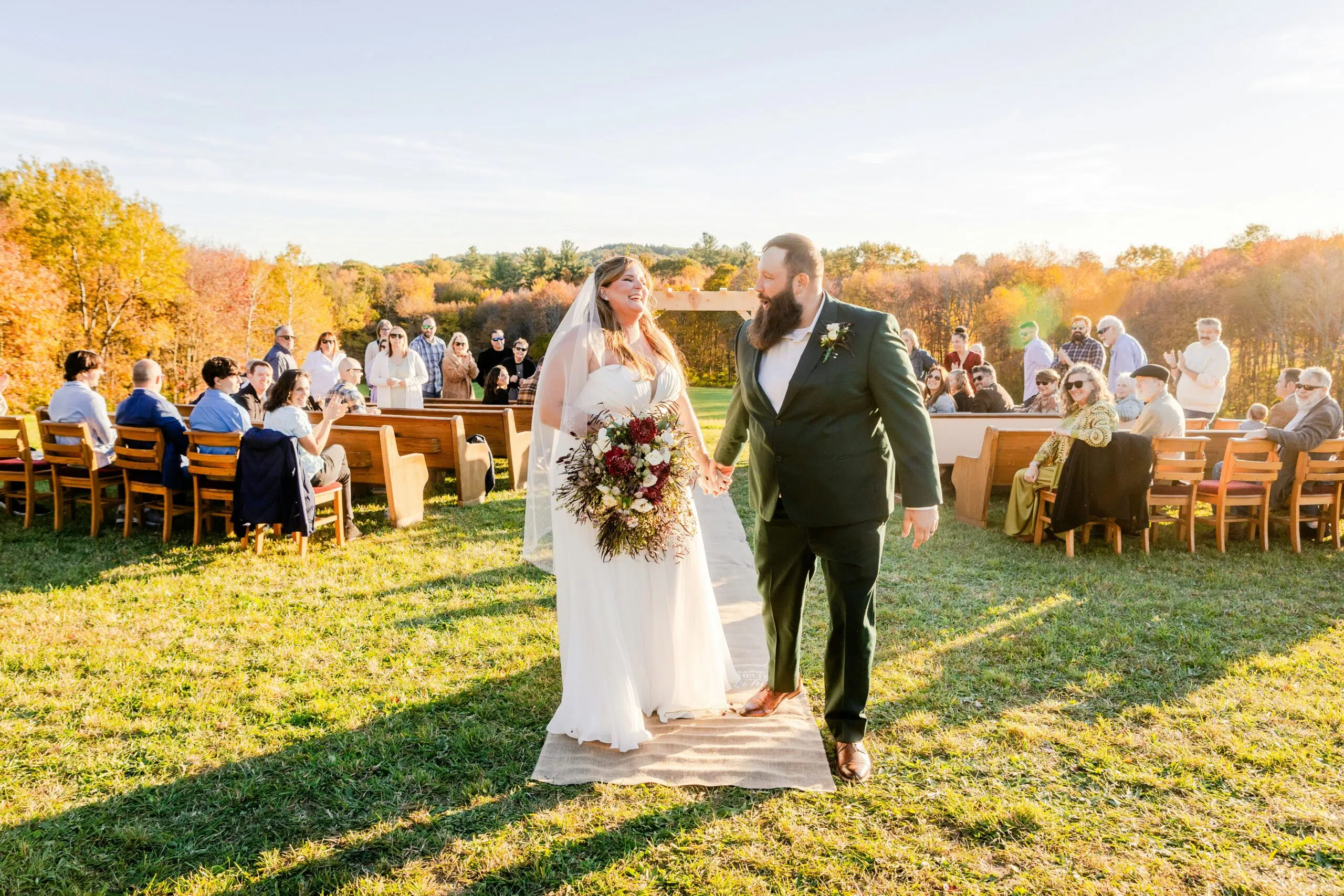
Outdoor weddings face weather extremes that impact guest comfort, decor, and safety. High heat and humidity can lead to dehydration and wilting flowers, while cold snaps or rain bring shivering guests and muddy grounds. Sudden storms or wind shifts can also disrupt seating and equipment. Addressing these hazards requires comprehensive planning and versatile climate control options to maintain a seamless experience.
How Does Heat and Humidity Affect Wedding Guest Comfort?
High heat and humidity raise core body temperature and impair sweat evaporation, leading to discomfort, fatigue, and potential heat-related illness. Guests may avoid dancing or linger in shaded areas, affecting the celebration’s atmosphere. Hydration stations can help, but active cooling measures ensure a consistently pleasant environment for ceremonies and receptions.
- Heat exhaustion risk increases with temperatures above 85°F
- High humidity above 60% slows perspiration evaporation
- Guests often seek shade, reducing engagement in festivities
What Are the Risks of Cold Weather and Precipitation at Weddings?
Cold weather and precipitation lower ambient temperature and introduce moisture that chills guests and damages decor. Shivering attendees often huddle near heat sources, while wet ground causes muddy walkways and unsafe footing. Untreated rain can pool on tent roofs, risking collapse. Implementing reliable heating and waterproof solutions prevents these risks and protects both guests and equipment.
- Temperatures below 50°F cause rapid heat loss in exposed guests
- Rain increases humidity and dampness inside tented areas
- Wind chills intensify perceived cold, even above freezing
Preventing cold-related discomfort ensures guest satisfaction and event safety.
Why Is Weather Contingency Planning Essential for Outdoor Weddings?
Weather contingency planning involves developing backup options like tent sidewalls, backup generators, and alternative indoor spaces. This approach safeguards against unpredictable conditions and avoids last-minute scrambles. A robust contingency plan keeps the event on schedule and preserves the intended ambiance, allowing planners to focus on the celebration rather than the weather forecast.
- Backup tents with sidewalls ensure protection against rain
- Generators maintain power for heating or cooling equipment
- Indoor backup venues provide an emergency relocation option
Comprehensive contingency planning forms the foundation for any season-proof wedding.
Which Cooling Solutions Keep Summer Weddings Comfortable?
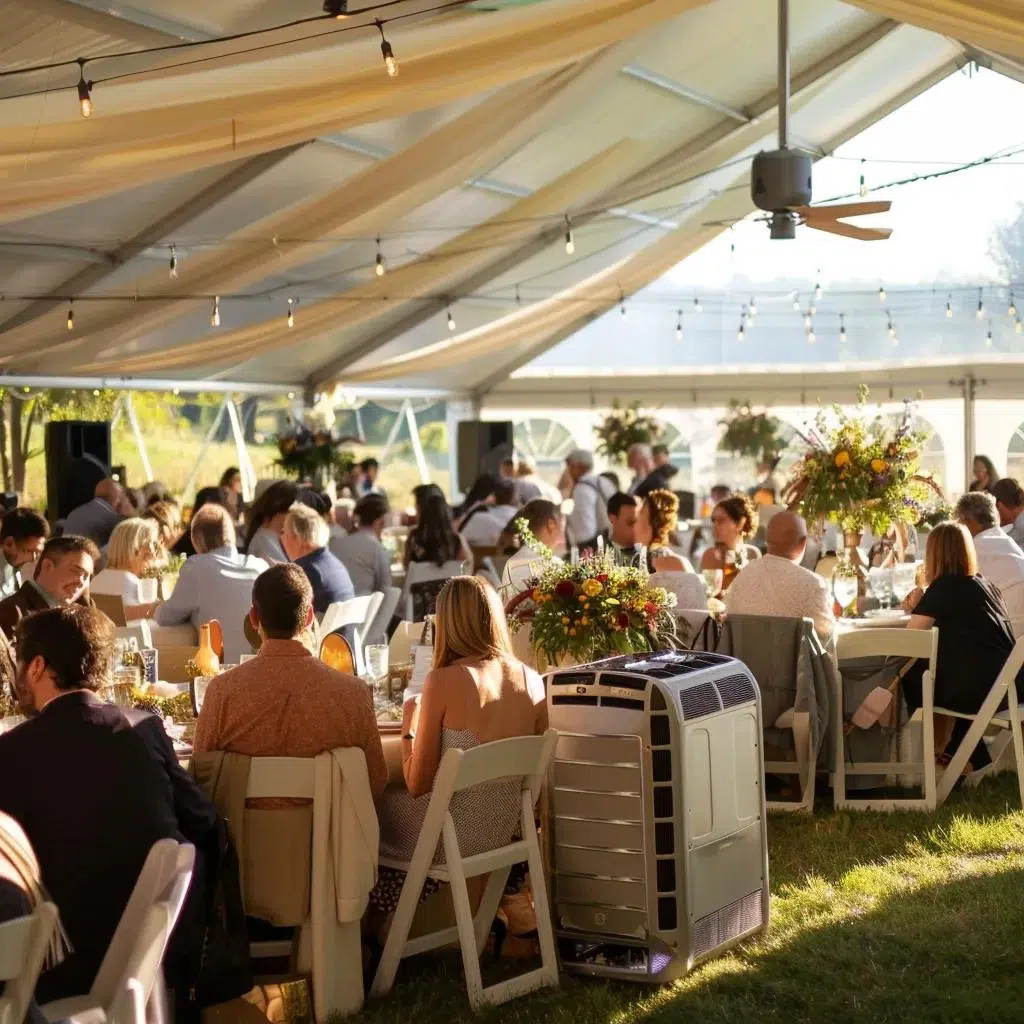
Cooling solutions maintain a refreshing atmosphere by combining equipment and shade to lower temperatures and improve airflow. Portable AC units regulate tent interior temperatures, while misting fans and evaporative coolers enhance comfort with moisture-based cooling. Strategic use of shade structures like canopies and umbrellas blocks solar heat, creating a cool microclimate for guests.
How Do Portable AC Units Help Cool Wedding Tents?
Portable AC units extract warm air and deliver cooled air directly into tent interiors, effectively reducing ambient temperatures by up to 20°F in under 30 minutes. These units use high-BTU compressors and precise thermostats to maintain setpoints, creating a consistently comfortable environment regardless of outdoor heat.
| Product | BTU Capacity | Coverage |
|---|---|---|
| MovinCool 30,000 BTU | 30,000 | Up to 1,000 ft² |
| MovinCool 50,000 BTU | 50,000 | Up to 1,600 ft² |
| Generac 40,000 BTU | 40,000 | Up to 1,200 ft² |
What Are the Benefits of Misting Fans and Evaporative Coolers?
Misting fans and evaporative coolers lower air temperature by up to 15°F through water evaporation, offering energy-efficient relief in low-humidity environments. They circulate cool mist that reduces heat stress and also act as ambient humidifiers, enhancing comfort during prolonged outdoor celebrations.
- Efficient performance in dry climates
- Lower power consumption than standard AC
- Portable units are easily repositioned for targeted cooling
Pairing evaporative cooling with shade maximizes energy savings and guest satisfaction.
How Can Shade Structures Enhance Outdoor Wedding Comfort?
Shade structures block solar radiation, reducing ground and air temperatures under canopies and tents. Planners can create sun-free zones that lower perceived heat and protect guests from direct sunlight by installing open-frame drapes, sail shades, or traditional tents with UV-resistant fabrics.
- Sail shades reduce heat gain on seating areas
- Tents with insulated liners keep interiors cooler
- Umbrella clusters provide flexible, localized shade
Layering shade with active cooling delivers comprehensive temperature control.
What Heating Options Ensure Warmth for Winter Weddings?
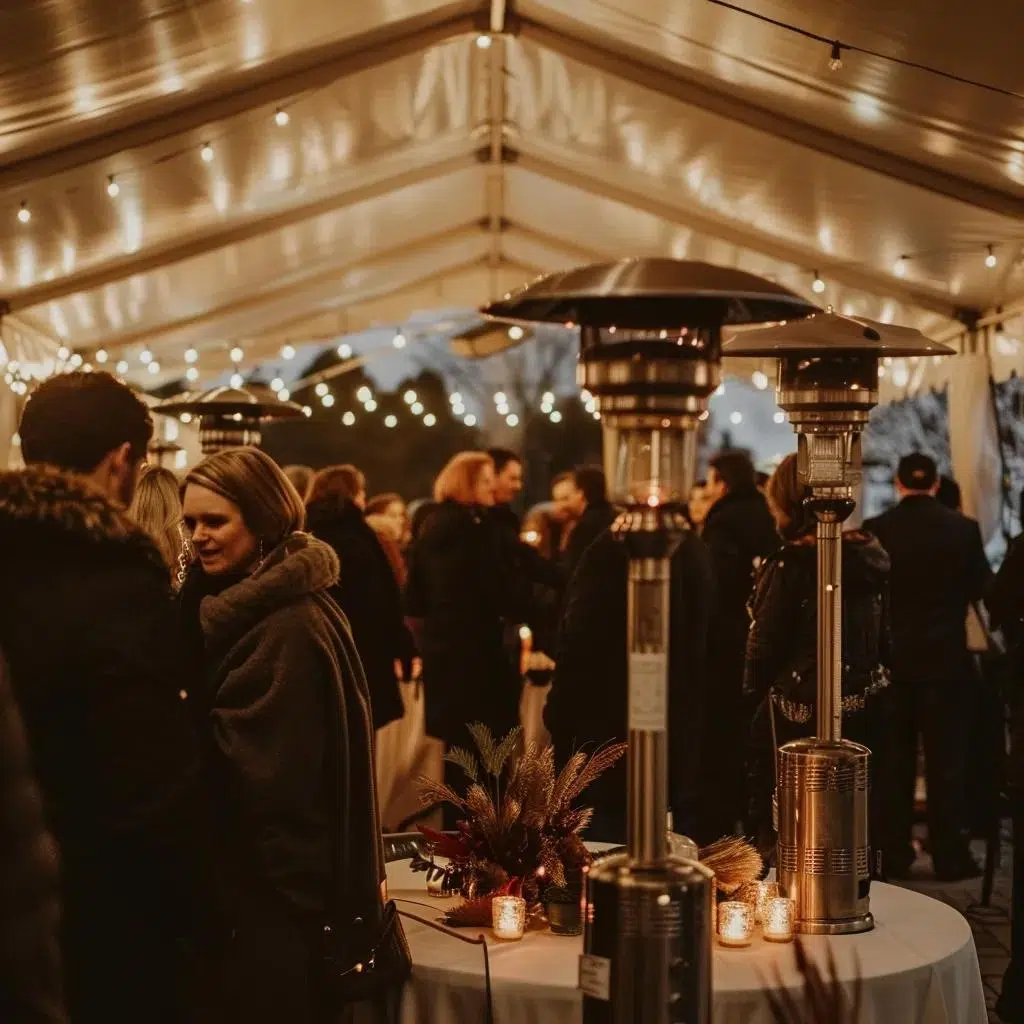
Heating equipment provides warmth through radiant or convective methods, transforming chilly outdoor spaces into cozy environments. From propane tent heaters to electric radiant panels, these systems distribute heat evenly and maintain desirable temperature setpoints. Fully enclosed tents and sidewalls trap generated warmth, ensuring a comfortable reception even on cold evenings.
How Do Tent Heaters Provide Effective Heating for Wedding Tents?
Tent heaters use fuel combustion or electric heating elements to produce warm air, which is circulated through ductwork or emitted as radiant heat. These units can generate up to 200,000 BTU per hour, quickly raising tent interior temperatures and keeping guests comfortable during winter ceremonies.
- Propane heaters deliver high-output radiant warmth
- Electric heaters offer quiet, odor-free operation
- Flexible ducting directs heat to specific zones
Sizing and placement ensure consistent temperature control throughout the tent.
When Should You Use Patio Heaters and Enclosed Tents?
Patio heaters serve best in semi-open reception areas, emitting upward radiant heat for guests gathered around outdoor seating. Enclosed tents with sidewalls and insulated roofs are essential during colder months to trap warmth and block drafts, providing a fully climate-controlled environment.
| Heating Option | Ideal Use | Benefit |
|---|---|---|
| Patio Heater | Semi-open patios | Radiant warmth for clusters |
| Enclosed Tent Heating | Fully enclosed tents | Retains generated heat |
| Ducted Heater Systems | Large tent interiors | Even heat distribution |
Tailoring heating solutions to venue layouts prevents hotspots and maximizes energy efficiency.
What Are Best Practices for Heater Placement and Safety?
Safe and effective heater installation requires maintaining clearances from flammable materials, ensuring unit stability, and positioning equipment to achieve even heat distribution. Regular inspections of fuel lines and electric connections prevent hazards, while proper venting reduces carbon monoxide risks in partially enclosed structures.
- Keep 3 feet clearance around heater heads
- Use level platforms or brackets for stability
- Verify ventilation openings for exhaust gases
- Position units evenly to avoid cold zones
How Can Humidity and Air Quality Be Controlled in Wedding Tents?
Controlling humidity and air quality removes excess moisture and stale air, reducing condensation, mold risk, and discomfort. Dehumidifiers regulate relative humidity to ideal levels, while ventilation systems exchange indoor air with fresh outdoor air. These measures protect decor, prevent musty odors, and maintain a healthy environment for guests and vendors.
What Role Do Dehumidifiers Play in Wedding Tent Comfort?
Dehumidifiers extract moisture from the air to maintain 40–50% relative humidity, preventing clamminess and protecting fabrics, florals, and equipment. By drawing water through refrigeration coils, these units condense moisture into collection tanks, ensuring a dry, comfortable atmosphere inside tents.
- Safeguards linens and floral arrangements
- Reduces slip hazards from floor condensation
- Enhances perceived comfort in humid climates
Ideal humidity levels support both guest well-being and decor longevity.
How Does Proper Air Circulation and Ventilation Improve Guest Experience?
Proper air circulation expels stale air and replenishes oxygen, preventing carbon dioxide buildup and odors. Ventilation fans and adjustable vents create continuous airflow patterns, distributing conditioned air and balancing temperatures across tent zones for a consistent guest environment.
- Fans disrupt stagnant air pockets
- Fresh air intake reduces indoor pollutants
- Balanced airflow complements heating and cooling
FAQs
What are the biggest weather risks for outdoor weddings?
Extreme heat, cold, humidity, wind, and rain can all impact comfort, décor, and safety.
How do you keep a summer wedding tent cool?
Use portable ACs, misting fans, and layered shade to reduce temperature and improve airflow.
What’s the best way to heat a winter wedding tent?
Enclosed tents with propane or electric heaters provide consistent warmth throughout the space.
How do you prevent humidity issues inside tents?
Use dehumidifiers and proper ventilation to balance moisture levels and protect materials.
Why choose Ventura Rental for climate control needs?
They offer high-quality equipment, expert support, and customized solutions for any weather scenario.
Conclusion
Planning a flawless outdoor wedding means preparing for every climate curveball—from scorching summer afternoons to chilly winter nights. With thoughtful strategies and the right equipment, couples can ensure their guests remain comfortable, their décor stays protected, and the celebration shines through any weather. By working with trusted partners like Ventura Rental, planners gain access to expert advice and reliable rentals that transform weather challenges into smooth, stress-free experiences, making every wedding feel season-proof and celebration-ready.

